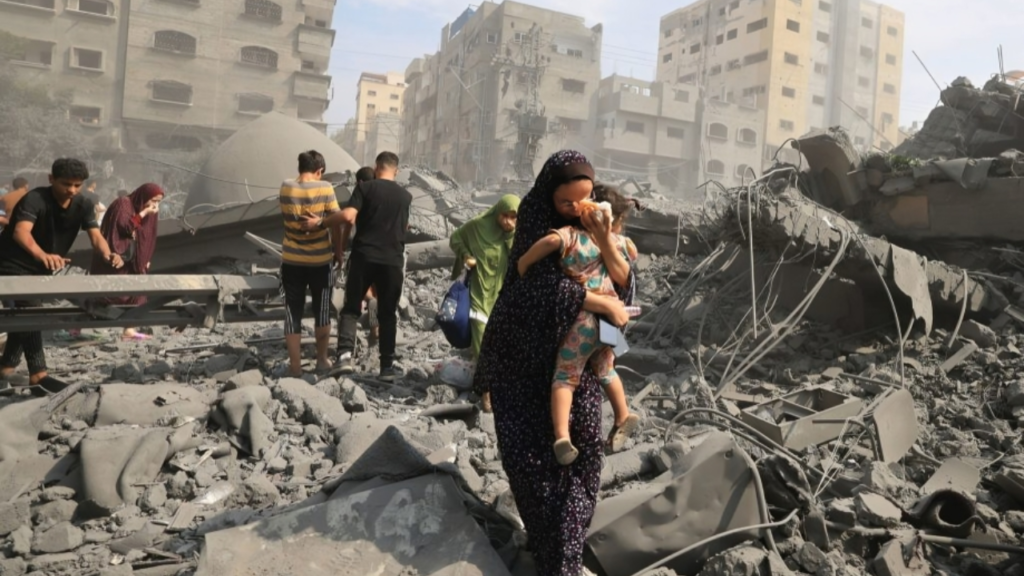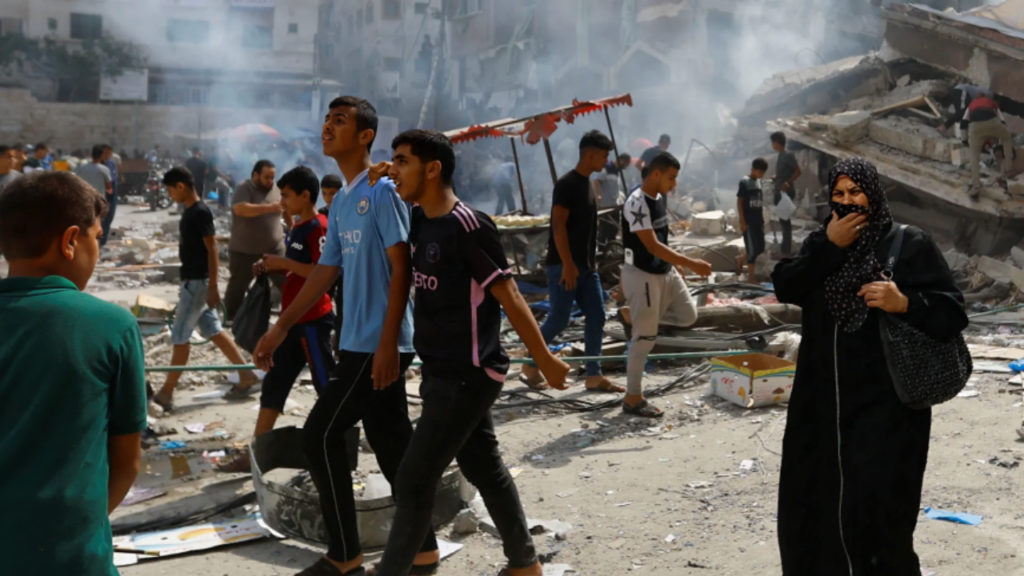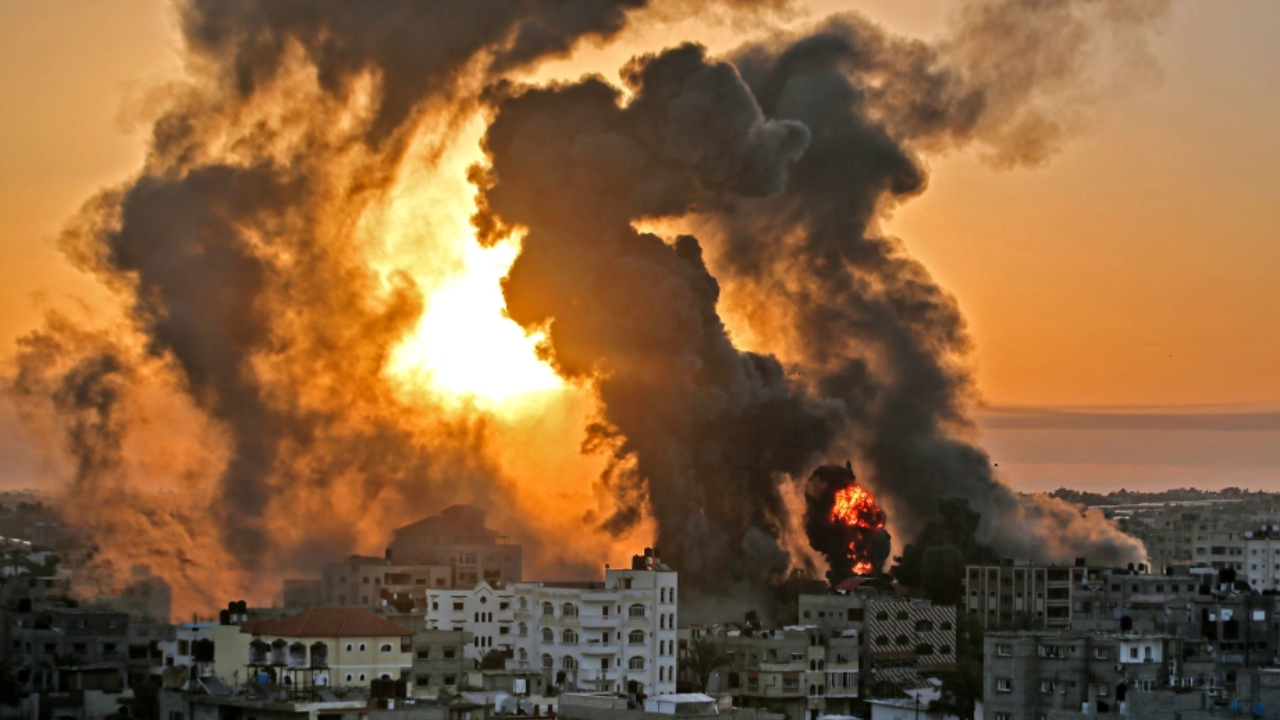Israel-Hamas Conflict 2024: A Human Perspective Amidst the Turmoil
The Israel-Hamas conflict of 2024 has once again thrust the world into a state of profound concern, reminding us of the fragile nature of peace in regions marred by decades of tension. This latest chapter in the long-standing Israeli-Palestinian conflict is a stark reminder of the human cost of war—a cost that is measured not just in numbers, but in lives, dreams, and futures shattered.

A Historical Context
The conflict between Israel and Hamas is deeply rooted in a history that stretches back over a century, involving territorial disputes, religious tensions, and a myriad of political complexities. For those living through it, however, the conflict is not just a historical or political issue; it is a daily reality that affects every aspect of life.
In 2024, the situation has escalated once again, leading to widespread violence, destruction, and an overwhelming sense of fear among civilians on both sides. The air is thick with uncertainty, and the streets—once bustling with life—are now scenes of devastation.

The Human Cost
Behind the headlines and political rhetoric, there are people—ordinary men, women, and children—who bear the brunt of this conflict. Families are torn apart, homes are destroyed, and entire communities are left to pick up the pieces of their shattered lives. For many, the conflict is not about political ideology or territorial claims; it is about survival.
Children, in particular, suffer the most. They are growing up in a world where the sound of explosions and the sight of armed soldiers are part of everyday life. The psychological toll on these young minds is immeasurable. They lose not only their homes but also their sense of security and innocence. Education is disrupted, and the trauma of war leaves deep scars that may never fully heal.
Voices of Peace
Amidst the chaos, there are voices that continue to call for peace. These are the voices of those who believe that dialogue, understanding, and compromise are the only ways to end the cycle of violence. They are the parents who want a better future for their children, the educators who refuse to let hatred dictate their teachings, and the activists who risk their lives to advocate for human rights and dignity.
Their message is clear: the conflict can only end when both sides acknowledge each other’s humanity and work together towards a lasting solution. It is a message that resonates with many around the world who are tired of seeing the same patterns of violence repeated time and again.

The Role of the International Community
The global community has a vital part to play in this conflict. Diplomatic efforts, humanitarian aid, and support for peace initiatives are all vital in helping to bring an end to the violence. However, these efforts must be sustained and backed by a genuine commitment to finding a fair and just resolution that addresses the needs and aspirations of both Israelis and Palestinians.
The 2024 conflict has once again highlighted the importance of international solidarity and the need for a concerted effort to prevent further escalation. The world cannot afford to turn a blind eye to the suffering of those caught in the crossfire.
Looking Ahead
As the conflict continues, there is a pressing need for hope—hope that peace can be achieved, and that the future can be different from the past. This hope must be nurtured by all those involved, from political leaders to ordinary citizens.
The Israel-Hamas conflict of 2024 is a stark reminder of the fragility of peace and the devastating impact of war. However, it also serves as a testament to the strength and resilience of the human spirit.. In the face of unimaginable adversity, people continue to strive for a better future—a future where peace is not just a distant dream, but a reality for all.
In the end, the path to peace will require more than just political agreements; it will require a collective commitment to humanity, compassion, and understanding. Only then can we hope to break the cycle of violence and build a future where all can live in peace and dignity.




